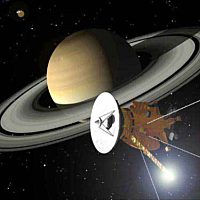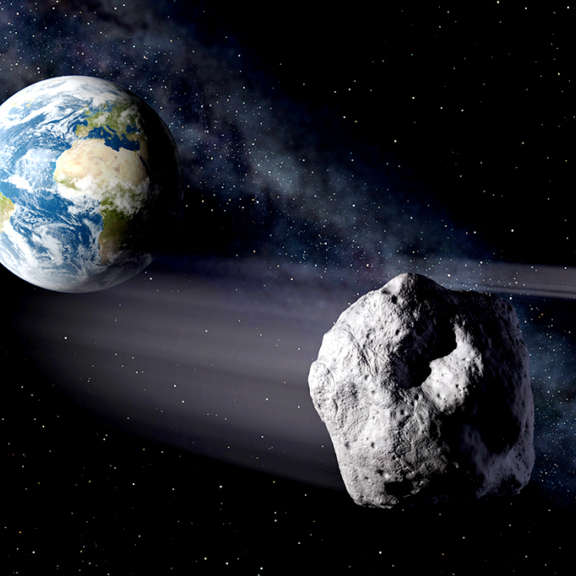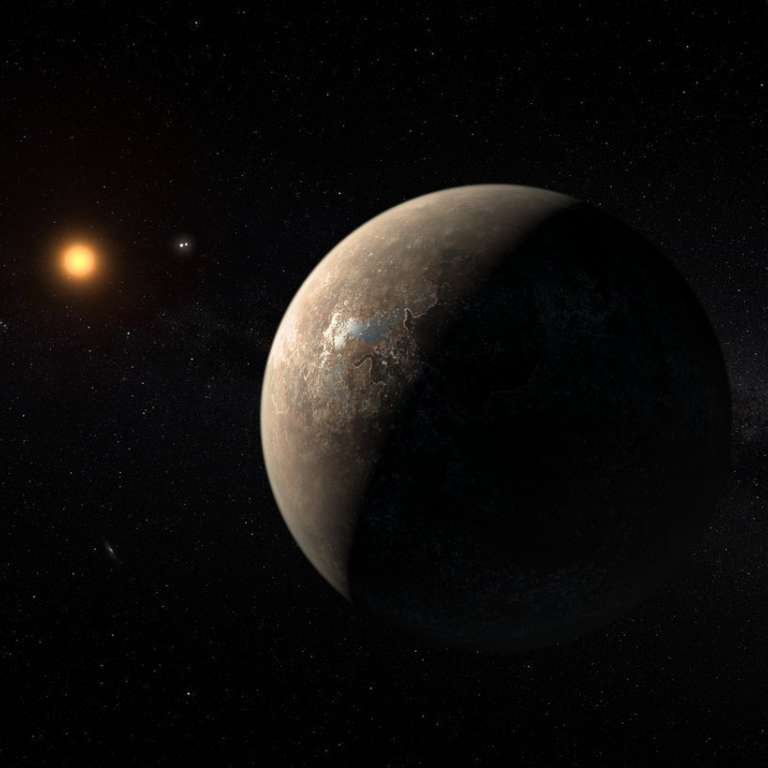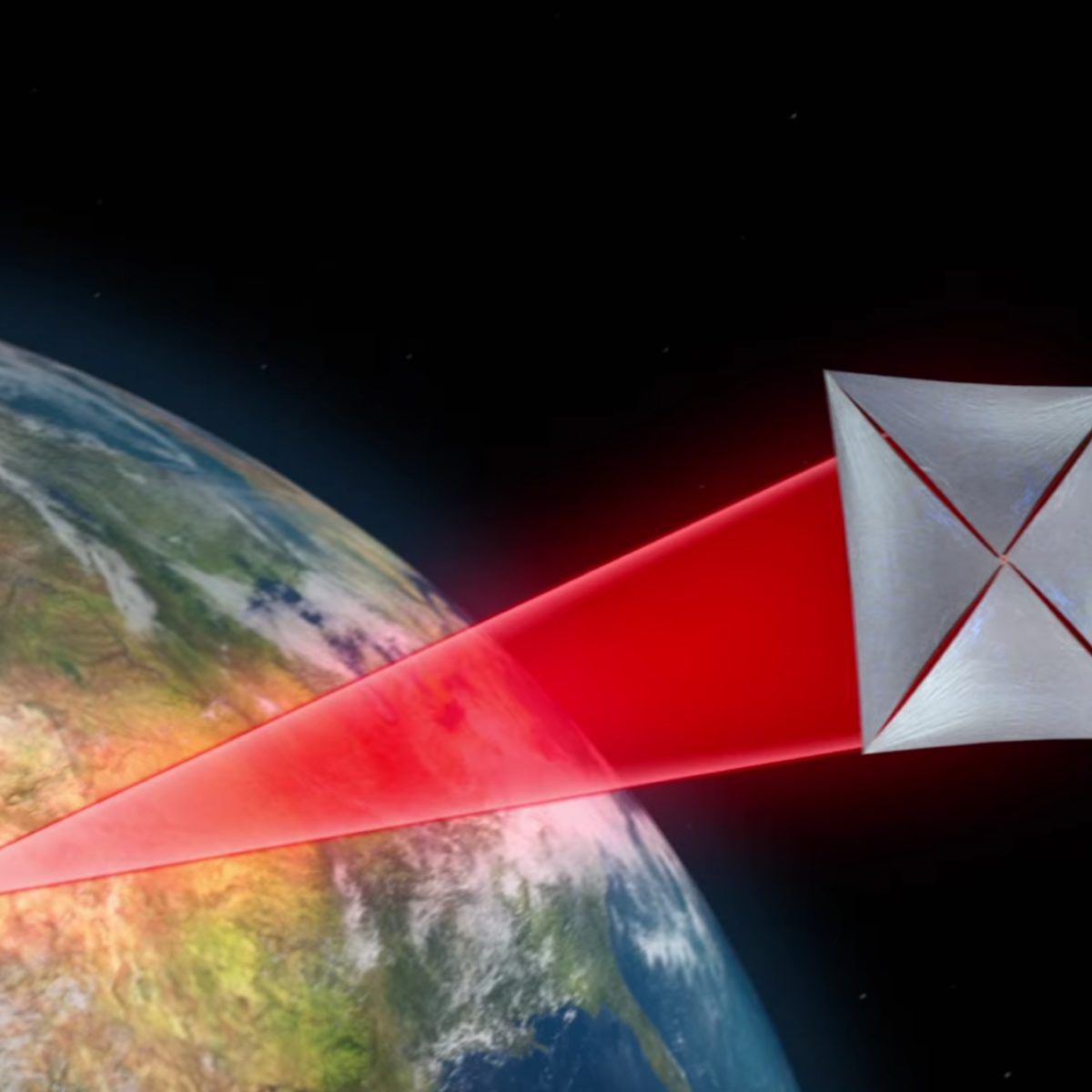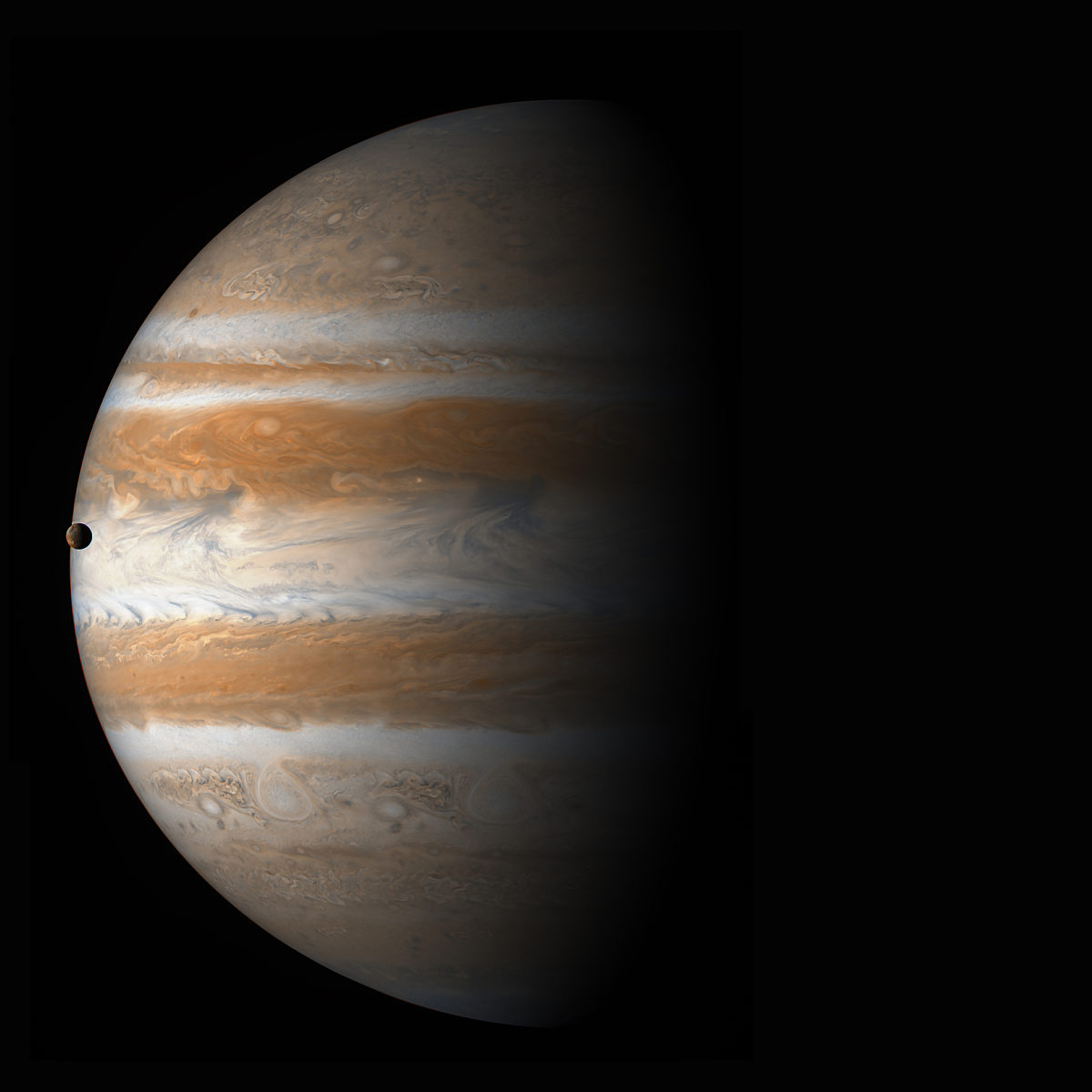Since 2002, Planetary Radio has visited with a scientist, engineer, project manager, advocate, or writer who provides a unique perspective on the quest for knowledge about our Solar System and beyond. The full show archive is available for free.
Search Planetary Radio
We take a deep dive into new space legislation working its way through the US Senate. It embraces Mars and NASA's big rocket. But Elon Musk and SpaceX just announced an ambitious new plan to colonize Mars. Does this upset the political establishment? Or will they find a cold reception in the halls of Congress? Also, where does science fit into the politics of space?
The European Space Agency’s magnificent Rosetta mission ended last week as the spacecraft gently touched down on the comet it has revealed.
The great Cassini spacecraft has a year to go before it plunges into the ringed planet. Project Scientist Linda Spilker returns with more amazing mission science.
In two years a Near Earth Asteroid now known as Bennu will have a visitor from Earth. OSIRIS-REx Principal Investigator Dante Lauretta reports on his mission’s successful launch.
In its nearly five decades, NASA has created or improved thousands of technologies, processes and innovations. Dan Lockney is in charge of making sure these solutions are found and utilized by industries and others in need.
In honor of OSIRIS-REx—NASA’s newest asteroid mission—we explore the policy and history of near-Earth Objects: why NASA explores them, how the government plans to find and defending the planet, and the how policy can keep up with ambitious plans to mine asteroids.
The announcement was made just days ago. Co-discoverer Michael Endl tells us about the discovery of a roughly Earth-mass planet orbiting in the habitable zone of the closest star to our own.
Space historian and policy expert John Logsdon joins Mat Kaplan for a fascinating conversation about how the US could have lost the race to the moon.
Steep canyons on Saturn's moon Titan are filled with liquid methane. That's the discovery just announced by an international team of Cassini scientists, including Alex Hayes.
You may never hear their names, but there are thousands of small to medium-sized companies without which space exploration and development wouldn’t happen.
In our third episode, we debate the risks and rewards of tying the future of a Europa mission to the fate of NASA's massive Space Launch System rocket. Also, NASA just announced that the next Mars rover will cost $2.4 billion—$900 million more than initially thought. But the mission is not considered over budget. Why not? Lastly, the U.S. just generated 50 grams of Plutonium-238, the largest amount in nearly thirty years. We celebrate the successful effort to create this critically important, though highly toxic, power source for deep space spacecraft.
Philip Lubin and his former student Travis Brashears have had quite a year. Their bold plan to send tiny probes to nearby stars is now supported by NASA and the Breakthrough Starshot $100 million dollar initiative. Hear their amazing story.
It takes a lot of terrific components to create a successful spacecraft like Curiosity, the Mars Science Laboratory. We’ll visit JPL to learn about the Terminal Descent Sensor radar that will once again help land a rover on the Red Planet.
We celebrate the 47th anniversary of the first moon landing with the reprise of a conversation with author and NBC space reporter Jay Barbree about his trusted friend Neil Armstrong.
Return with us to the evening of July 4, 2016 and the exciting arrival at Jupiter of the Juno orbiter. You’ll hear the moment of successful orbital insertion. Several of the mission’s key contributors reveal how Juno accomplished this feat, along with what they hope the spacecraft will tell us about the giant planet.
She has spent most of her life working toward a bright future for humanity in space, and Lori Garver has lost none of her passion. She visited the Planetary Society for a wide-ranging conversation with Mat Kaplan.
This month Jason Callahan, Casey Dreier and Mat Kaplan ask whether the Moon vs. Mars human destination debate makes sense, highlight a new report on the science potential of CubeSats by the National Academies, and explain how a thrilling planetary science mission like Juno gets a thumbs up from NASA.
Juno will enter Jupiter orbit on July 4th. Mat Kaplan talks with the mission’s Principal Investigator, Scott Bolton at the Jet Propulsion Laboratory. Bill Nye helps prepare us for this exciting encounter and the science that will follow.
PlanRad’s celebration of Asteroid Day (June 30th) continues as we call UCLA grad student Adam Greenberg at the Arecibo Observatory in Puerto Rico.
OSIRIS-REx will launch toward Near Earth Asteroid Bennu soon. In an early celebration of Asteroid Day, mission leader Dante Lauretta tells us how learning about asteroids may teach us about our own origins, and help us avoid a cataclysmic impact.


 Explore Worlds
Explore Worlds Find Life
Find Life Defend Earth
Defend Earth




